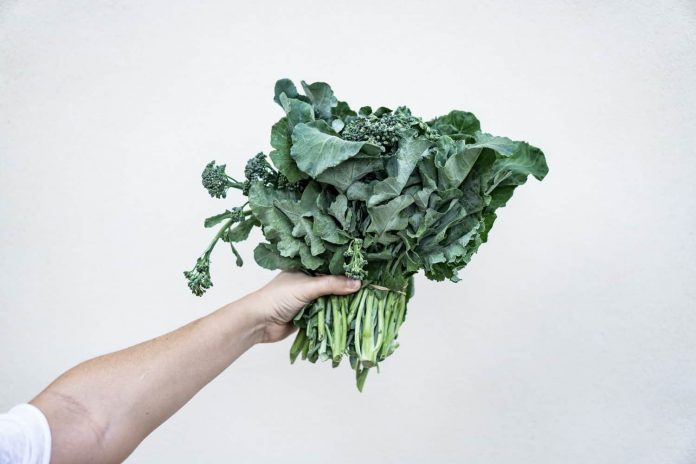Your daily diet directly connects to your overall health since food provides nutrients that build vital cells and antioxidants that help fight diseases.
Eating the same foods daily is dull and can also mean missing out on those healthy vitamins and minerals! Check out this list of six healthy foods you’re probably not eating, along with tips to help you add them to your diet regularly.
Guava
Guava may be overlooked in the produce section of your grocery store because it’s not as sweet as other fruits. Still, it contains a higher concentration of lycopene than tomatoes. Lycopene is a powerful antioxidant that may protect against many diseases and is connected to heart health.
A single cup of guava also provides 60% more potassium than the average banana and about 9 grams of fiber.
One of the significant advantages of guava is that it doesn’t need to be prepared in any way. The soft seeds and rind are just as edible as the fruit, and the skin is also packed with healthy vitamin C. To enjoy guava, slice, and eat!
Flaxseeds
Flaxseeds provide much-needed fiber and are also chockfull of lignans, which act like estrogen in the body. Flaxseeds are believed to help fight off hormone-related malignancies, such as breast and uterine cancer. Add more flaxseeds to your diet, sprinkle them over yogurt or cereal, or add some to the recipe when baking muffins or bread.
Kale
When people think of eating dark leafy greens, they often reach for spinach. While spinach certainly has benefits, kale is one of the top vegetable sources of vitamin A, which helps keep skin soft and healthy and maintain eyesight.
A cup of kale also has almost as much vitamin C as an orange, helping to bolster your immune system. To get these essential vitamins along with healthy fibre, add kale to your salads or pile it on a sandwich in place of lettuce.
Cinnamon
You may use cinnamon in abundance during holiday baking, but then you need to remember about this aromatic spice the rest of the year. Cinnamon’s active ingredients, methylhydroxychalcone polymers, increase the body’s ability to break down sugar. This, in turn, helps to keep blood sugar levels healthy. The spice may also help control your system’s levels of LGL (i.e., “bad” cholesterol).
Use cinnamon more often; shake some into your coffee beans before brewing or onto your morning toast. Alternatively, add some to oatmeal, cereal, or a muffin recipe. You might also bake an apple with a sprinkle of cinnamon to make a healthy, low-calorie dessert.
Cabbage
Whether red or green, cabbage is full of healthy fibre and provides several antioxidants that fight cell-damaging free radicals. Meanwhile, cabbage weighs just 22 calories per cup, so it’s a great food to help you feel full without packing on the pounds.
To eat more cabbage daily, add some to your salad or pile it on a burger or sandwich when you need extra crunch. You can also dice it up to add different flavors to a tuna or chicken salad.
Lemons
While oranges are a good source of ultra-healthy vitamin C, you might get tired of eating them every week. When that happens, reach for a lemon! They are also packed with vitamin C, which not only boosts your immune system but also plumps up the collagen in your skin, helps your body absorb iron, and may even reduce your risk of developing asthma. The vitamin C in lemons may also decrease your stroke risk and prevent many forms of cancer.
To include more fresh lemon in your diet, add a bit of its juice to a salad and olive oil in place of your usual dressing. Also, put a wedge in your tea at night, or squeeze some lemon juice into your water during the day.
Also Read: The Wonderful Health Benefits of Zucchini
Mix up all these fantastic foods when it comes to your everyday eating. The more variety you get, the more balanced your diet will be and the more health benefits you’ll enjoy!















